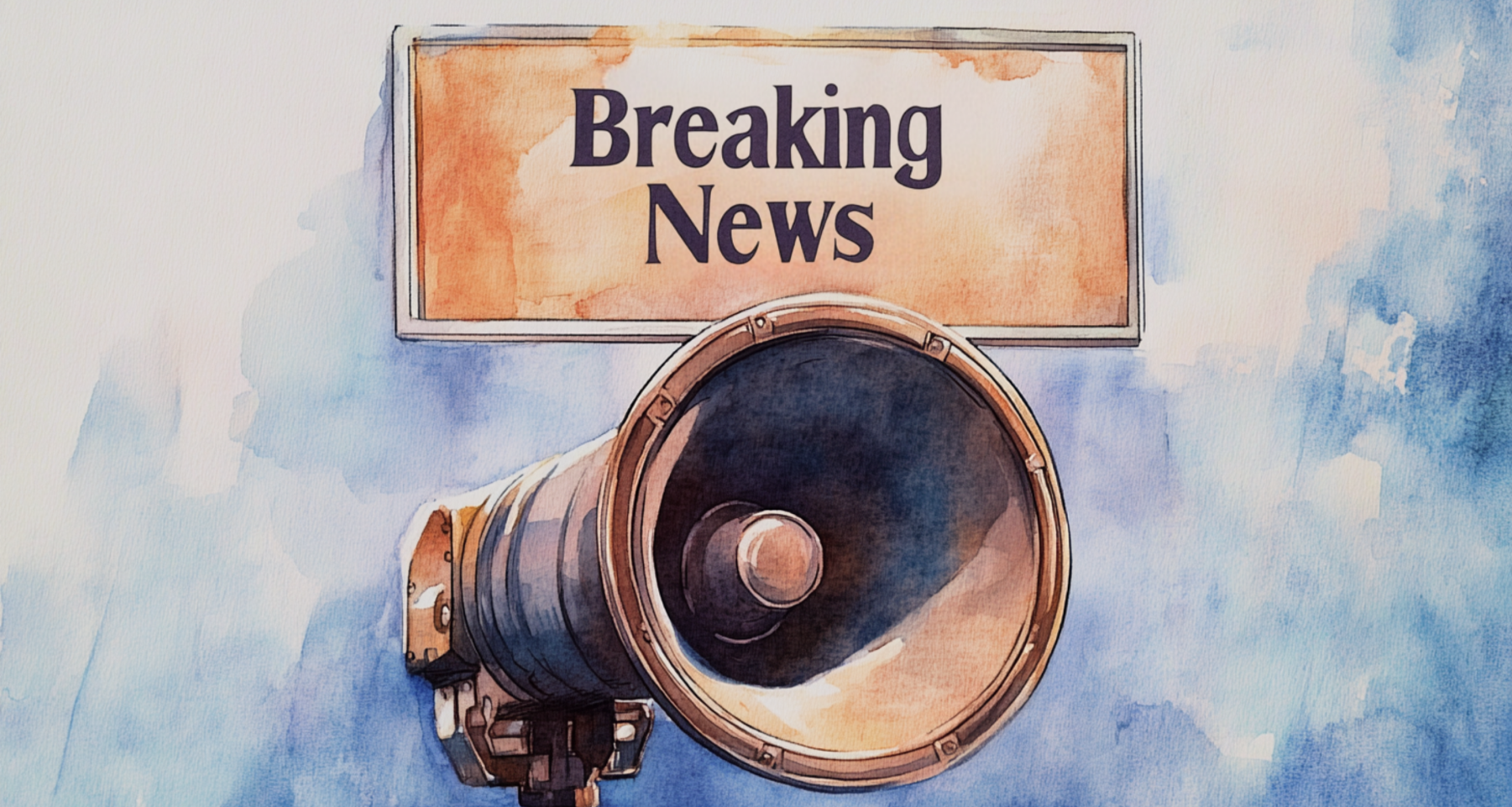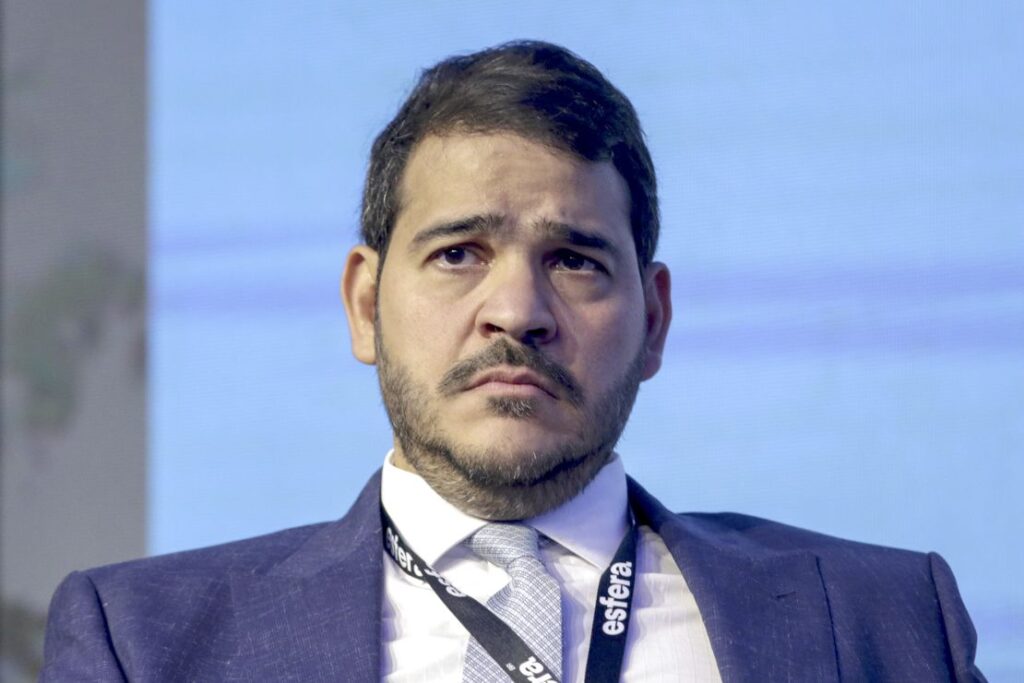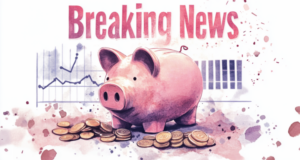Meta Suspends Fact-Checking in the U.S.; Brazil Pushes Back

Meta’s controversial decision to end fact-checking and content moderation on U.S. platforms has sparked backlash, particularly in Brazil, over concerns about unchecked misinformation.
On this page
Meta revealed plans to suspend its independent fact-checking program in the U.S. on Facebook, Instagram, and Threads. The move aims to trial “Community Notes,” a feature inspired by X’s (formerly Twitter) platform, allowing users to comment and share personal perspectives on content. The results will guide Meta’s decision on implementing this feature in other regions.
The decision has drawn criticism from regulators worldwide. Jorge Messias, Brazil’s Attorney General, warned that unchecked freedom of expression, especially when it enables the spread of misinformation, poses a serious threat to society. Although Meta Platforms offered formal explanations to the Attorney General’s Office (AGU), the response was deemed inadequate, with AGU firmly opposing such policies, regardless of their geographical limitations.
The Brazilian government is dedicated to safeguarding its citizens from all forms of threat, including those originating in the digital sphere. We will not tolerate platforms that facilitate the creation of chaotic and digitally violent environments on social media,
Brazil’s Attorney General Jorge Messias remarked.

Meta conceded that easing control over content could, in theory, open the door to abuses of free speech. At the same time, the company affirmed that its automated systems are actively working to detect and address critical violations, including terrorism, child exploitation, and drug trafficking.
Yet, this acknowledgment does not negate the importance of a worldwide dialogue on defining the limits of permissible content. Meta’s move sparks a fundamental question: how do we achieve a delicate equilibrium between protecting free expression and ensuring digital safety? In a world where information flows faster than ever before, the question of regulation takes on new urgency.
Mark Zuckerberg highlighted Meta’s focus on corporate responsibility and the protection of human rights, while emphasizing the company’s willingness to resist undue censorship efforts by foreign governments.
These circumstances reveal the critical challenge of delineating the boundaries between freedom of expression and unrestricted excess—a task facing regulators worldwide. In the absence of robust frameworks, the proliferation of misinformation and online violence poses a grave threat. Global cooperation is needed to establish policies that preserve freedom of speech without compromising the safety and well-being of society.
Elon Musk, too, had his share of clashes with Brazilian authorities. Nevertheless, he succeeded in reaching a resolution with regulators, allowing the social network X to resume operations in the country. For more insights, see our feature: “Elon Musk’s X Makes a Comeback in Brazil After Court Showdown.”
The content on The Coinomist is for informational purposes only and should not be interpreted as financial advice. While we strive to provide accurate and up-to-date information, we do not guarantee the accuracy, completeness, or reliability of any content. Neither we accept liability for any errors or omissions in the information provided or for any financial losses incurred as a result of relying on this information. Actions based on this content are at your own risk. Always do your own research and consult a professional. See our Terms, Privacy Policy, and Disclaimers for more details.


























